Learning objective
Knowledge
- To describe the properties of materials.
Success criteria
Knowledge
- I can recall that property refers to
This content is for subscribers only. Join for access today.
National curriculum
Science
Everyday materials
This content is for subscribers only. Join for access today.
Cross-curricular links
English
Reading – comprehension
This content is for subscribers only. Join for access today.
Before the lesson
This content is for subscribers only. Join for access today.
Lesson plan
Recap and recall
Ask the children:
This content is for subscribers only. Join for access today.
Extended-mode explainer videos
How to extend your display to view the lesson page and preseantion mode simultaneously. Choose your operating system below to watch the video
If you need further support with extending your display,
please contact [email protected].
Extended-mode explainer video: For Mac
Extended-mode explainer video: For Windows
Adaptive teaching
Pupils needing extra support
Could have the five objects cut out from the Activity: Properties of materials and be given five word cards labelled wood, plastic, glass, metal and fabric to match to the pictures in the adult-led task; could choose only one material to stick to their feelysquish toy in the independent task.
Pupils working at greater depth
Could explain why each object is made from a particular material during the adult-led task (e.g. the swing’s seat is made of plastic so it will swing easily; the greenhouse is made of glass so the light can get through; the trampoline is made of fabric so it will stretch when bouncing; the spade’s handle is made of wood so it will pick up soil; the barbecue is made of metal so it can get hot without melting); could add a range of different materials to their feelysquish toy and label their properties in the independent task.
This content is for subscribers only. Join for access today.
Assessing progress and understanding
Pupils with secure understanding indicated by: recalling that a property
This content is for subscribers only. Join for access today.
Vocabulary definitions
-
material
What objects are made from.
-
object
Something that can be seen or touched.
This content is for subscribers only. Join for access today.
Example work
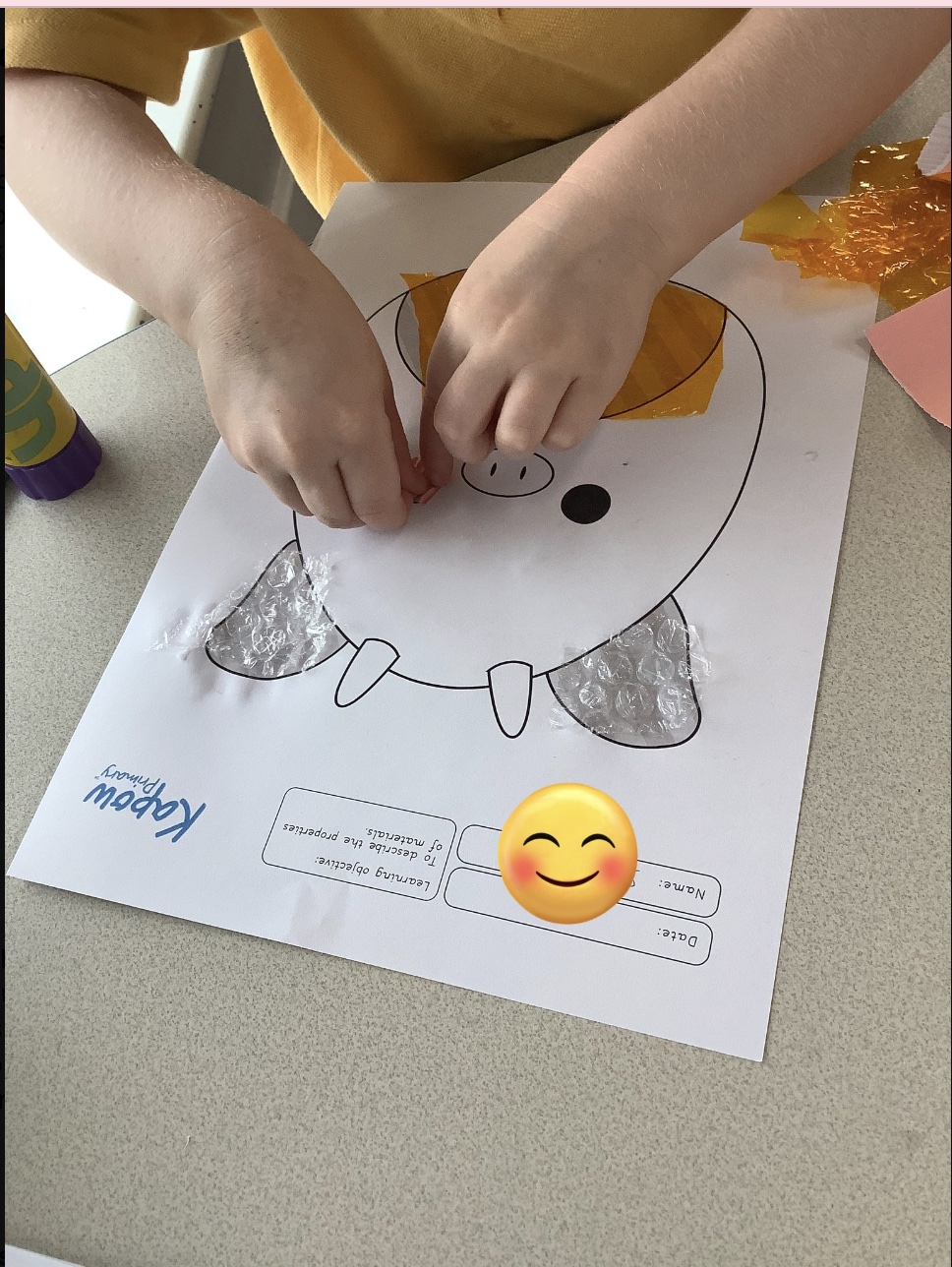
Hardwick Green Primary Academy, Stockton-on-Tees
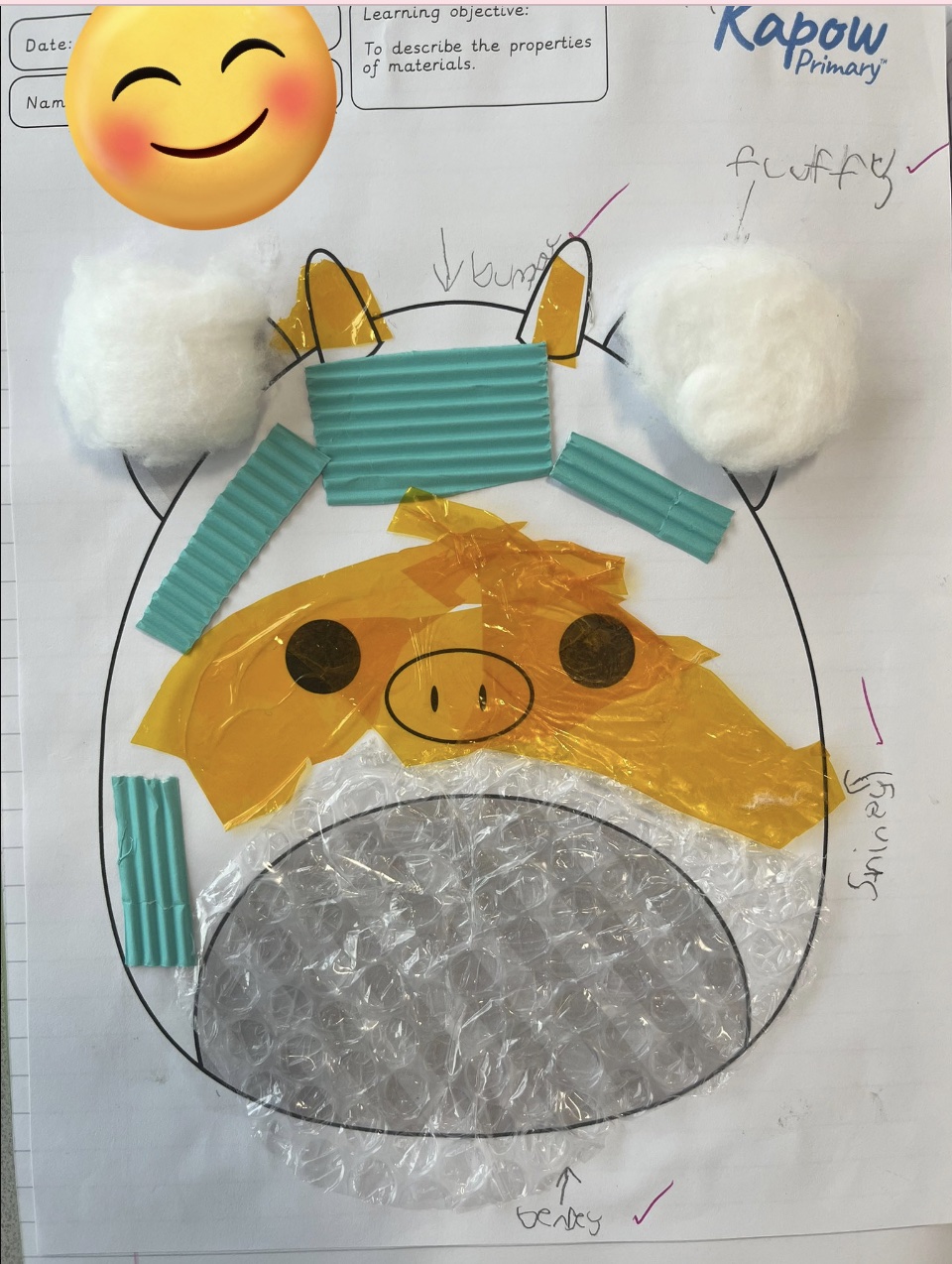
Hardwick Green Primary Academy, Stockton-on-Tees
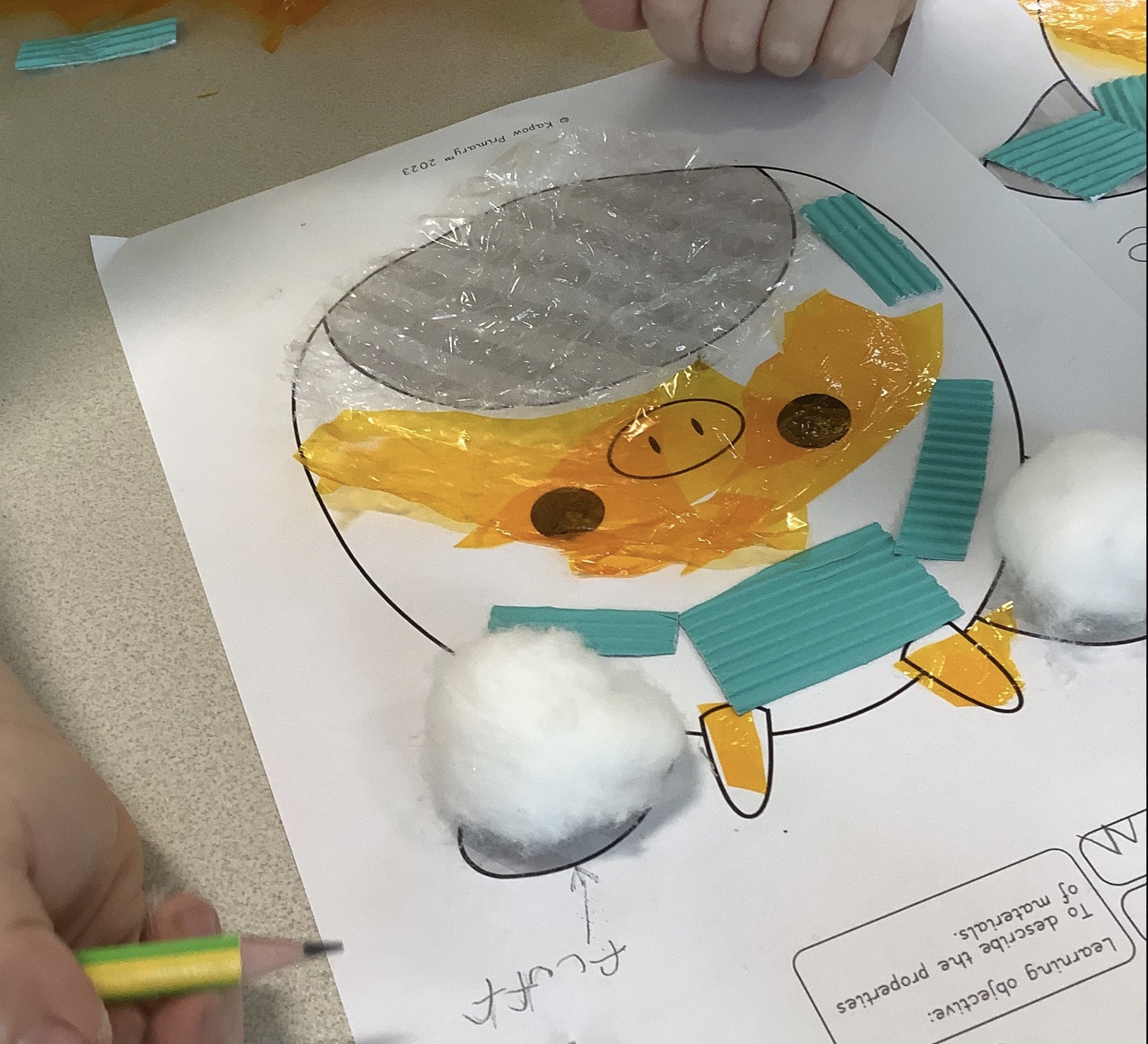
Hardwick Green Primary Academy, Stockton-on-Tees
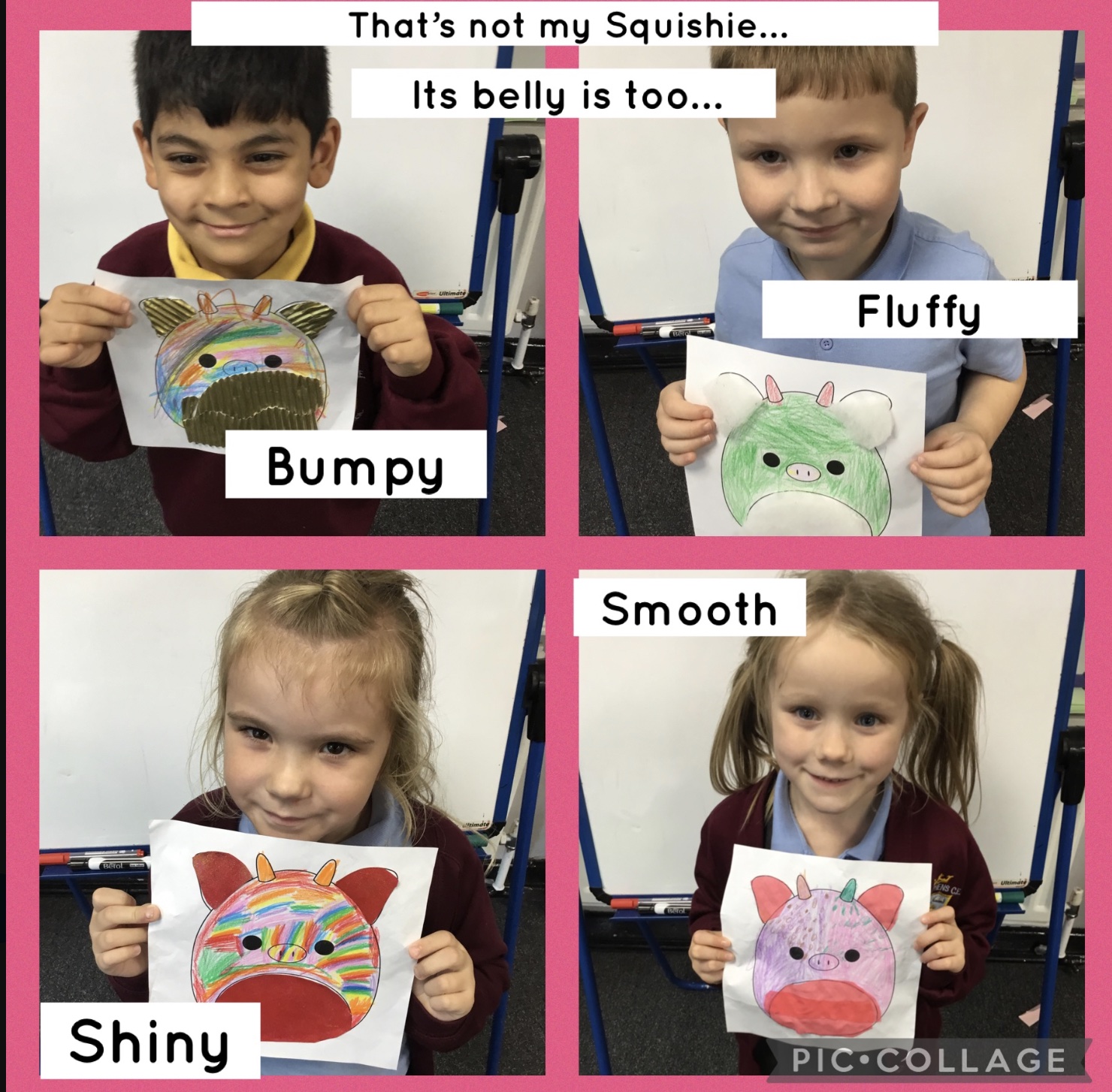
St. Stephen's CE Primary School, Bury
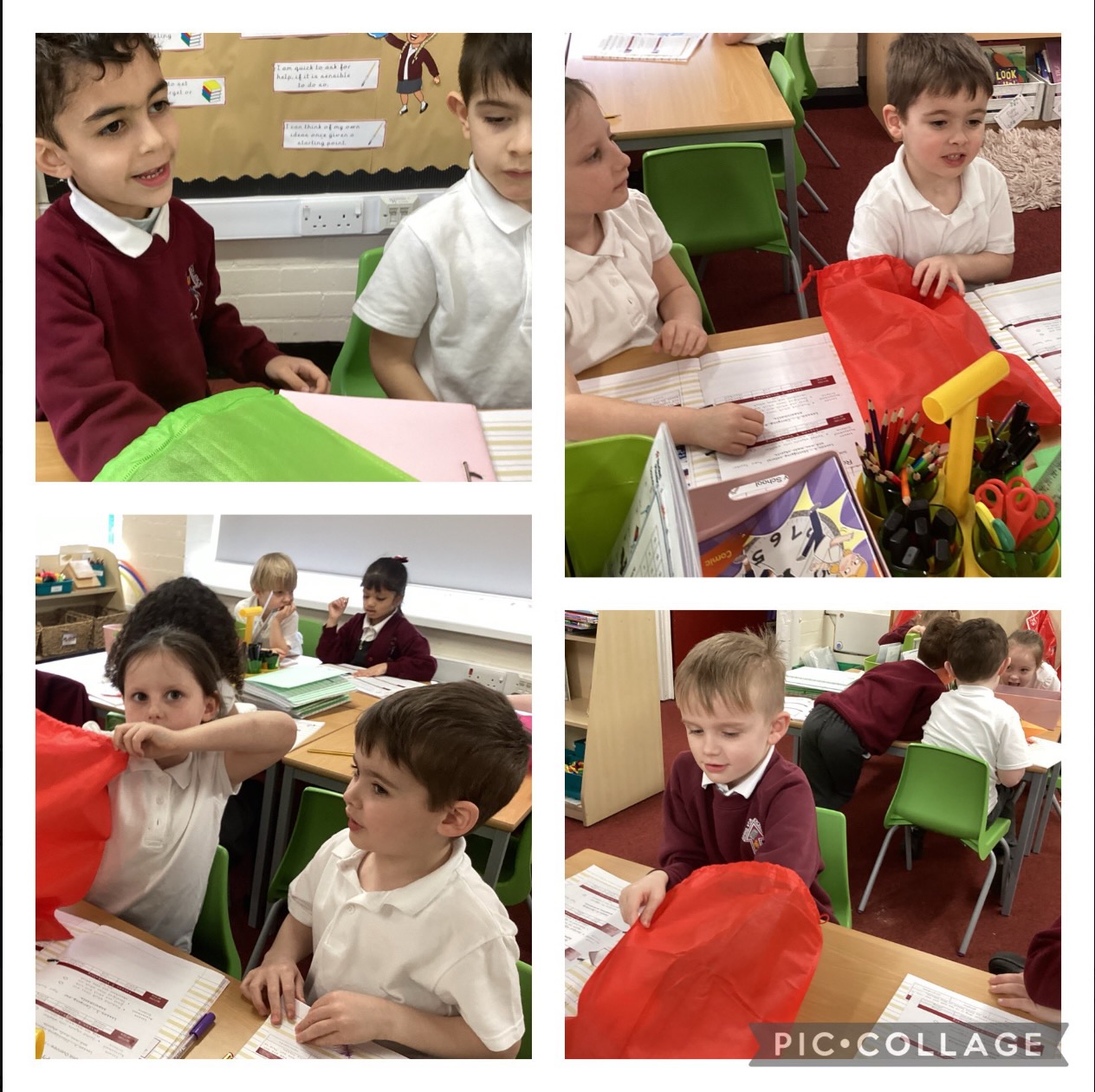
Roby Park Primary School, Liverpool

Roby Park Primary School, Liverpool

Roby Park Primary School, Liverpool

Roby Park Primary School, Liverpool
This content is for subscribers only. Join for access today.

